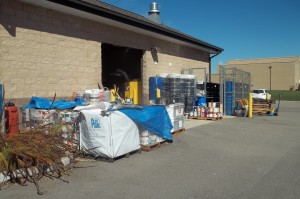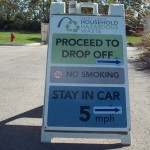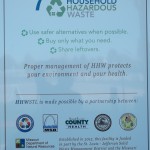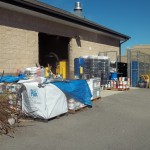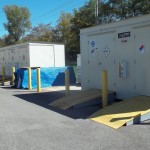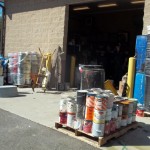Here’s a question I received from a distressed person with a problem back on August 2nd of 2017:
Hey Daniel,
Sorry for the unsolicited email but I’m not sure where to turn. I am cleaning out my dad’s house in <<City>> in Illinois and trying to figure out how to dispose of some normal household waste such as used oil, old gas, solvents, etc. No one can seem to tell me of a disposal site and the unspoken thread seems to be ‘don’t worry about it just drop it in the dumpster.’ Hmm, that’s not really responsible. Do you know of any collections events or sites?
I could sympathize with his distress having been in the same situation years before. I was able to reply the same day: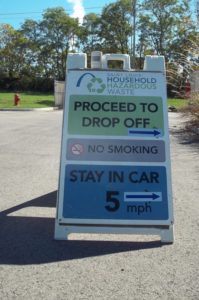
Thank you for contacting me. You are doing the right thing in trying to dispose of your waste properly.
- 1 day collection programs are held throughout the state in the Spring and Fall.
- You can request a program to be held in your city.
- There is a permanent collection site in Rockford, IL open on the weekends.
- Used oil can be brought to registered collection centers (e.g. oil change shops).
- Latex paint can be solidified and disposed of in trash.
- There are options for rechargeable batteries as well.
Like this article? Subscribe to my Monthly Newsletter No marketing emails! |
I think I was able to help him where others didn’t because his reply was quick and exuberant:
Awesome! I’ll give this a shot: Household Hazardous Waste Disposal / Permanent Site / 3333 Kishwaukee / Rockford, IL
Thanks,
Conclusion:
It is unfortunate that a private citizen had so much trouble trying to do the right thing. Of course, the easiest thing to do would have been to dump the waste down the drain or set it out with the trash, but that is not what is best for the environment. You may be asking yourself, “Why isn’t this person subject to the hazardous waste regulations when a business – generating the same waste – must comply?” The answer is that at the beginning of the hazardous waste program created by RCRA the U.S. Environmental Protection Agency (USEPA) decided that its regulations would apply to businesses, government agencies, and commercial enterprises – i.e. a person – but not to a private citizen as a homeowner or other businesses similar to a residence such as a hotel. The regulations codified this decision in the Household Hazardous Waste Exclusion found at 40 CFR 261.4(b)(1).


